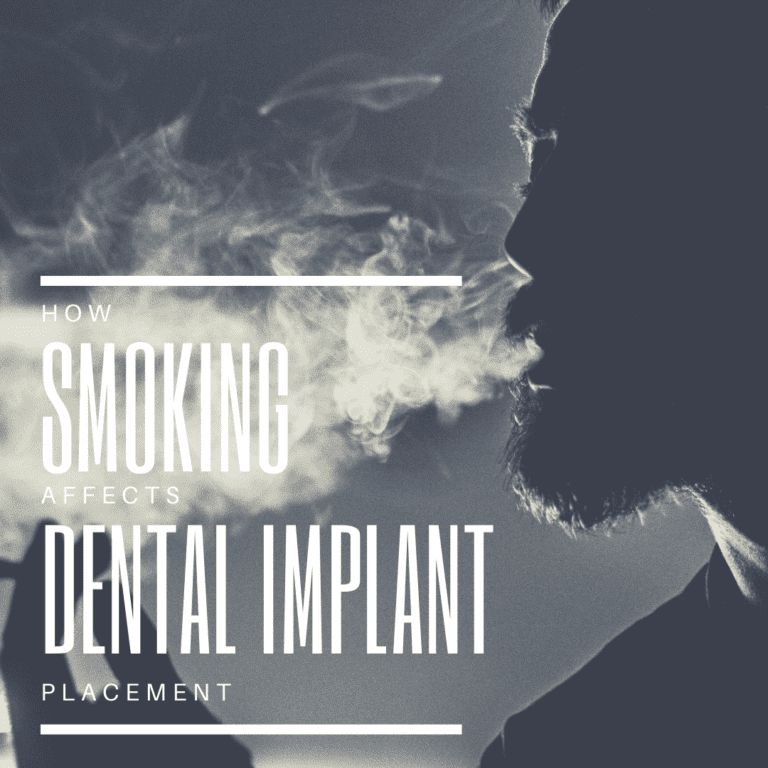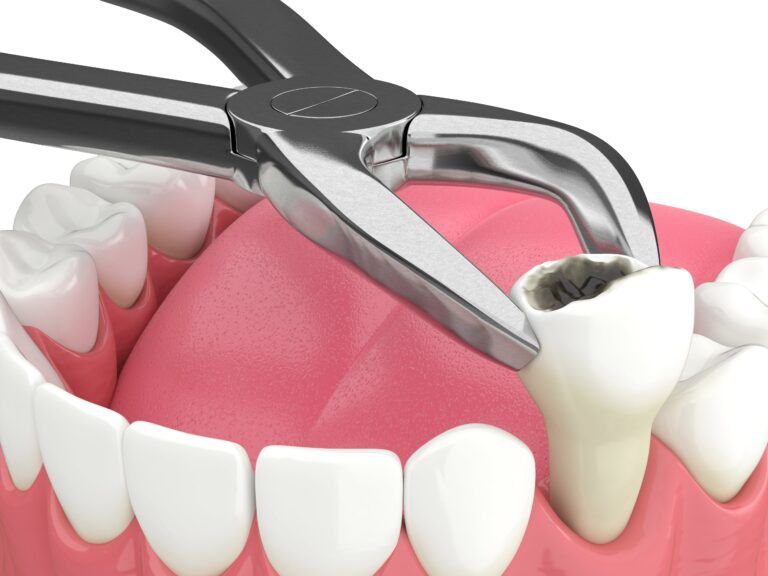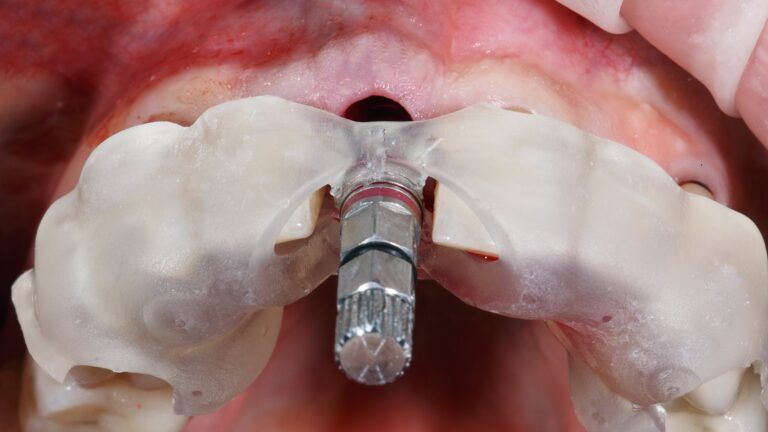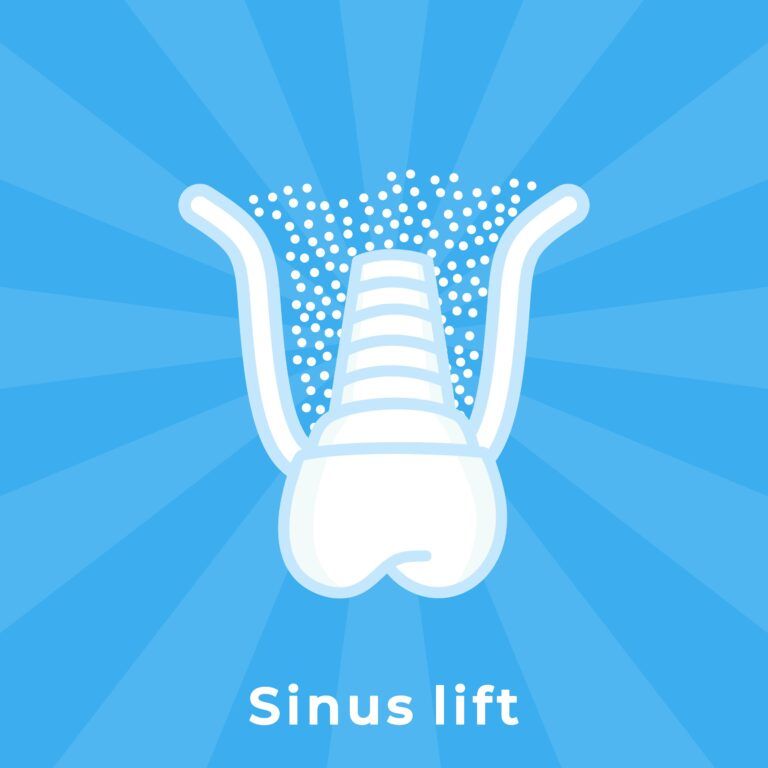According to the Centers for Disease Control and Prevention, around 34 million, or 14% of Americans currently smoke cigarettes. Although the amount of adults who smoke has dropped since the mid-2000s, there is still a large number of individuals who smoke on a regular basis. If you are one of these 34 million individuals, then you may be wondering if you can have dental implants placed to restore missing or severely damaged/decayed teeth in need of extraction.
While the short answer is that yes, people who smoke can have dental implants placed, it is not always that simple. In fact, there are several factors that you and your implant dentist will need to carefully consider before deciding that dental implant surgery is the right choice for you. You will also need to temporarily stop smoking while undergoing the process for the best treatment outcomes. This is because smoking does have an effect on dental implants. If you are a smoker considering having dental implants placed, here is what you need to know:
How Smoking Affects Dental Implants

- Smoking increases the risk of periodontal disease, oral precancerous and cancerous lesions, root cavities, and peri-implantitis. It is also known to permanently stain tooth enamel and dental restorations.
- Smoking can cause dry mouth by burning the oral tissues inside the mouth and/or damaging or blocking the salivary glands. Chronic dry mouth prevents the mouth from cleaning itself effectively and increases the risk of tooth decay and gum disease. Dry mouth is also associated with halitosis, or bad breath.
- Nicotine impairs soft tissue and wound healing. Although the exact reason for this is unknown, it is believed that nicotine restricts oxygen and blood flow, can be toxic to cells involved in wound healing, increases blood viscosity and the risk of blood clots, increases the levels of fibrinogen and the risk of vascular damage, increases levels of carboxyhemoglobin (leads to oxygen deficiency), and decreases the function of white blood cells.
- Nicotine and tobacco can also prevent the bone from fusing with the implant, which increases the risk of implant failure. In fact, smoking is the primary patient-centered risk factor for implant failure. Although the failure rate for implants is around 5% for non-smokers, it ranges from 6.5-20% in smokers.
- After dental implant surgery, peri-implant tissues (hard and soft tissues around dental implants) are highly sensitive to tobacco smoke and are easily damaged.
How to Decrease the Risk Associated with Smoking
The best and most effective way to decrease the risks of dental implant surgery associated with smoking is to quit smoking. With that being said, there are also a few other things that can be done to decrease your risk and improve your chances of success. For starters, it is recommended to stop smoking the week before your procedure and to continue not smoking until at least two months after your implants have been placed. Additionally, brushing and/or using a water jet after smoking can help to minimize some of the damage. Finally, be sure to visit your implant dentist for regular cleanings and dental exams.
How long should you stop smoking?
Before having dental implants placed, it is recommended to stop smoking for at least one week. Stopping one week before implant surgery allows your blood to flush out some of the nicotine found in the blood after smoking. This limits the short-term effects of nicotine on your blood, which can improve your chances of implant success. After having dental implants placed, it is recommended to avoid smoking for at least two months. This allows the tissues to more effectively heal and allows the early stages of osseointegration to occur.

Irfan Atcha, DDS, DICOI, DADIA at New Teeth Chicago Dental in Chicago, Illinois is a board-certified general dentist and a nationally recognized expert in dental implants, cosmetic dentistry, and sedation dentistry. Dr. Atcha is now serving patients in Naples, Bonita Springs and SW FL area with All-on-4 implants, teeth-in-a-day, same day dental implants and the complex zygomatic dental implants for the no-jaw bone solution approach. To schedule a consultation please email Dr. Atcha at teethforyou@gmail.com.





